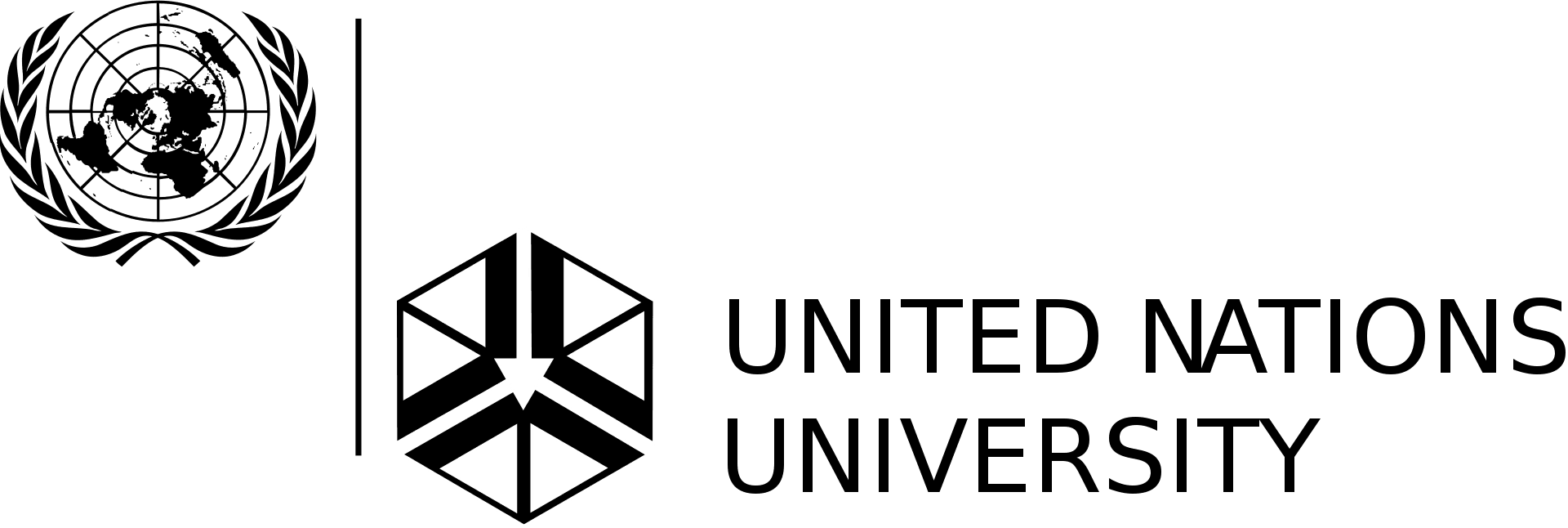Summary
The United Nations University (UNU) is a global research and training organization that focuses on addressing pressing global issues related to sustainability, development, and peace. Founded in 1973, UNU is based in Tokyo, Japan, and operates through a worldwide network of research and training centers. The organization's work encompasses a wide range of fields, including environmental science, governance, public health, and social development. UNU seeks to advance knowledge and promote solutions to complex global challenges through interdisciplinary research, capacity-building programs, and policy engagement.
History
The United Nations University (UNU) was established in 1973 as an autonomous academic institution within the United Nations system. Its creation was driven by the recognition that the United Nations needed a dedicated research and training institution to address complex global challenges related to sustainable development and peace.
The idea for UNU was first proposed in 1969 by U Thant, then Secretary-General of the United Nations, who argued that the organization needed a dedicated research and training arm to help it meet its mission. The proposal was supported by a group of prominent scholars and statesmen, including economist Amartya Sen and former British Prime Minister Harold Wilson.
UNU was officially established on December 6, 1973, with its headquarters located in Tokyo, Japan. The organization was founded with the mandate to conduct research and provide advanced training and education in fields related to sustainable development, global governance, and peace and security. UNU's mission was guided by the belief that complex global challenges could only be addressed through interdisciplinary and collaborative research.
Over the years, UNU has grown into a global network of research and training centers, with operations in over a dozen countries around the world. The organization has conducted groundbreaking research on a wide range of issues, including climate change, biodiversity conservation, disaster risk reduction, and human rights. UNU has also developed numerous training and education programs aimed at building the capacity of policymakers, practitioners, and scholars to address complex global challenges.
Today, UNU remains an important institution within the United Nations system, contributing to the organization's efforts to promote sustainable development and peace.
Goals and Purpose
The United Nations University (UNU) has the overarching goal of promoting global sustainable development and peace through research, capacity building, and policy engagement. To achieve this goal, UNU has set out a number of specific objectives:
Conduct interdisciplinary research on global issues: UNU aims to conduct cutting-edge research on pressing global issues that require interdisciplinary approaches. This research is designed to contribute to the development of evidence-based policies and practices that address the root causes of global challenges.
Foster international cooperation: UNU seeks to promote international cooperation and collaboration among scholars, policymakers, practitioners, and communities to address global challenges. By bringing together diverse perspectives, UNU aims to generate innovative solutions to complex problems.
Develop capacity-building programs: UNU develops and delivers a range of capacity-building programs, including training, education, and mentorship programs. These programs are designed to equip individuals and organizations with the knowledge and skills needed to contribute to sustainable development and peace.
Promote policy engagement: UNU engages with policymakers and stakeholders to ensure that research findings are translated into concrete policy actions. Through advocacy and policy dialogue, UNU aims to promote evidence-based policy-making that addresses global challenges.
Disseminate knowledge: UNU disseminates knowledge and research findings through various channels, including publications, conferences, and online platforms. By sharing knowledge widely, UNU aims to contribute to global learning and knowledge-sharing on sustainable development and peace.
Impact
The impact of the United Nations University (UNU) can be seen in various areas related to sustainable development and peacebuilding. Some of the key ways in which UNU has contributed to positive change include:
Advancing research on global issues: UNU has conducted interdisciplinary research on a wide range of global issues, including climate change, sustainable development, peace and security, and human rights. This research has contributed to a better understanding of the root causes of these issues and has informed the development of evidence-based policies and practices to address them.
Building capacity for sustainable development and peace: UNU has developed and delivered a range of capacity-building programs, including training, education, and mentorship programs. These programs have equipped individuals and organizations with the knowledge and skills needed to contribute to sustainable development and peacebuilding efforts.
Promoting international cooperation: UNU has fostered international cooperation and collaboration among scholars, policymakers, practitioners, and communities. By bringing together diverse perspectives, UNU has generated innovative solutions to complex problems and promoted a greater sense of shared responsibility for addressing global challenges.
Influencing policy: UNU has engaged with policymakers and stakeholders to ensure that research findings are translated into concrete policy actions. Through advocacy and policy dialogue, UNU has promoted evidence-based policy-making that addresses global challenges.
Disseminating knowledge: UNU has disseminated knowledge and research findings through various channels, including publications, conferences, and online platforms. By sharing knowledge widely, UNU has contributed to global learning and knowledge-sharing on sustainable development and peace.
References
- United Nations University Annual Report 2022 | Relief Web
- Africa: South African Engineering Scholar Takes United Nations University's Helm | Wall Africa
- United Nations Deputy Secretary-General Amina J. Mohammed to Deliver 2023 Commencement Address | Tufts Now
- Auburn University continues to address United Nations Sustainable Development Goals | Auburn University
- New guidelines provide first global policy framework on protecting children on the move in face of climate change | Unicef
- United Nations Human Rights and CU host summit addressing climate change | CBS News
- World's dams to lose a quarter of storage capacity by 2050 - UN research | Reuters
- Landmark guidelines aim to protect children uprooted by climate change | United Nations
- UNU-Macau - United Nations University Institute in Macau | Data4sdgs
- United Nations University | Press UN
- The United Nations University (UNU) | Sdg Helpdesk
- World University Rankings | Times Higher Education
- ABOUT US | UN Merrit
- United Nations University | University Directory

Tshilidzi Marwala (Director)
